Canadian Spy Agency Won't Say Why It Monitors Environmental Groups
The Canadian Press

Last February British Columbia's Civil Liberties Association filed a complaint demanding to know why the Canadian Security Intelligence Service (CSIS) considers critics of Canada's petroleum industry a threat to national security. But, last week the CSIS said the association's complaint was "overly broad," and took steps to limit the inquiry into why the agency was spying on environmental groups and sharing its information with the oil companies.


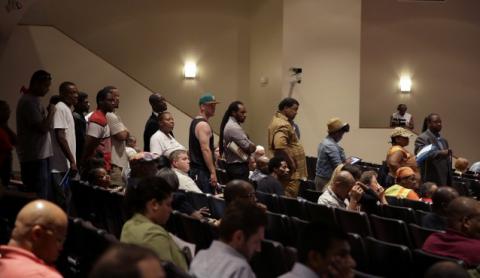

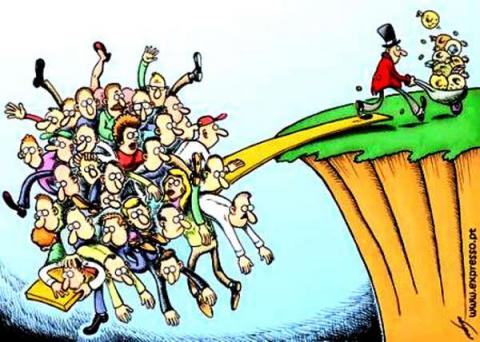

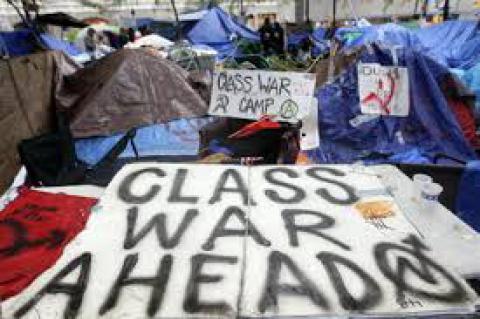
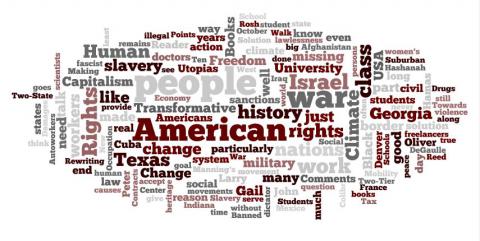

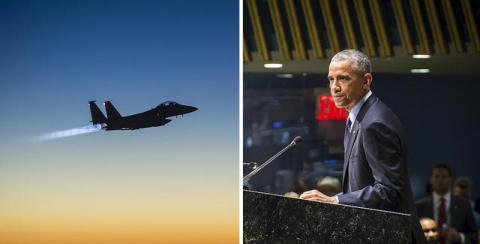
Spread the word